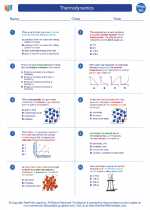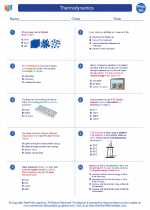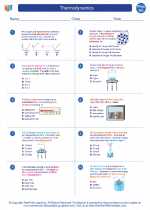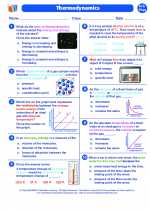Food
Food is a substance consumed to provide nutritional support for an organism. It is usually of plant or animal origin and contains essential nutrients, such as carbohydrates, fats, proteins, vitamins, or minerals, which are ingested and assimilated by an organism to produce energy, stimulate growth, and maintain life.
Types of Food
There are several types of food, including:
- Carbohydrates: These are the body's main source of energy and include foods like bread, rice, pasta, and fruits.
- Proteins: These are essential for the growth and repair of the body's tissues and can be found in foods like meat, fish, eggs, and legumes.
- Fats: Fats are a concentrated source of energy and are found in foods like butter, oils, nuts, and avocados.
- Vitamins and Minerals: These are necessary for various bodily functions and can be obtained from fruits, vegetables, and supplements.
- Water: Water is essential for hydration and is found in various beverages and fruits and vegetables with high water content.
Nutritional Value of Food
Understanding the nutritional value of food is important for maintaining a healthy diet. It's important to balance the intake of carbohydrates, proteins, fats, vitamins, and minerals to support overall health and well-being.
Study Guide
When studying the topic of food, consider the following key points:
- Understand the different food groups and their respective nutritional benefits.
- Learn about the importance of a balanced diet and how it contributes to overall health.
- Explore the impact of food choices on physical and mental health.
- Examine the cultural and societal aspects of food, including traditional cuisines and eating habits.
- Consider the environmental impact of food production and consumption.
By studying these aspects of food, you will gain a comprehensive understanding of its significance in human life and society.
[Food] Related Worksheets and Study Guides:
.◂Physics Worksheets and Study Guides High School. Thermodynamics

 Worksheet/Answer key
Worksheet/Answer key
 Worksheet/Answer key
Worksheet/Answer key
 Worksheet/Answer key
Worksheet/Answer key
